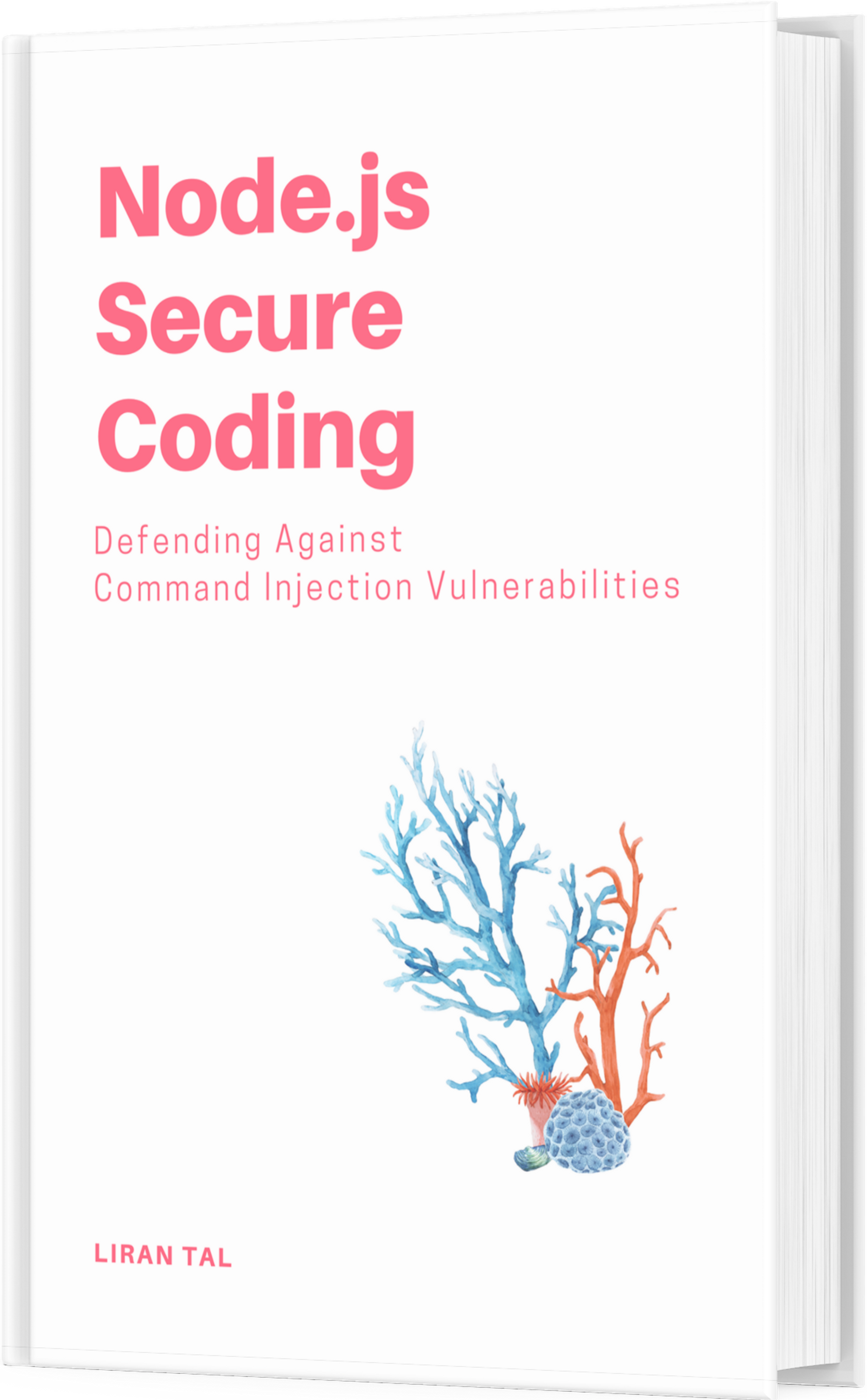~ 3 min read
Automate Package Health Checks with Snyk Advisor and Qodo Agents

The Qodo AI team has unveiled a new feature in their agents repository: the Package Health Reviewer. This tool leverages Snyk Advisor to automate the health assessment of third-party open-source packages. By providing a comprehensive analysis of package security, maintenance, and community metrics, it offers a health score that categorizes packages as ‘healthy’, ‘sustainable’, or ‘risky’. Designed to integrate seamlessly into CI/CD workflows, this tool helps teams make informed decisions about their dependencies and maintain robust security practices.
Why Package Health Matters
As developers have already become aware of, the health of your dependencies can make or break your project. Unhealthy packages can introduce vulnerabilities, lead to maintenance headaches, and even cause project delays. Snyk Advisor plays a crucial role by providing reliable metrics on package security, maintenance, and community engagement. This ensures that developers can trust their dependencies and maintain high security standards.
How the Package Health Reviewer Works
The Package Health Reviewer integrates with Snyk Advisor to fetch detailed package metrics. Using Playwright for data scraping, it evaluates packages and assigns a health score. This score helps developers quickly identify whether a package is ‘healthy’, ‘sustainable’, or ‘risky’, allowing for informed decision-making.
Setting Up the Package Health Reviewer
To get started with the Package Health Reviewer, you’ll need to configure the agent using an agent.toml file. Here’s a step-by-step guide:
-
Install Prerequisites
Ensure you have Node.js 18+ and npm installed. Playwright MCP server will be auto-installed. -
Configure the Agent
Create anagent.tomlfile in your project directory. This file will define the packages you want to analyze.[package_health] packages = ["express", "request"] -
Run a Package Health Check
Use the following command to analyze a package:qodo --agent-file=agent.toml -y --set package_name="express"Why this matters: This command demonstrates the basic usage of the Package Health Reviewer.
Verify: Run the command and check for a JSON output with health metrics.
Integrating with CI/CD Pipelines
Automating package health checks in your CI/CD pipeline ensures continuous monitoring of your dependencies. Here’s how you can set it up with GitHub Actions:
Create a GitHub Actions Workflow
Add a new workflow file in .github/workflows/package-health-check.yml:
name: Package Health Check
on: [pull_request]
jobs:
health-check:
runs-on: ubuntu-latest
steps:
- uses: actions/checkout@v4
- name: Setup Node.js
uses: actions/setup-node@v4
with:
node-version: '24'
- name: Check package health
run: |
qodo --agent-file=agent.toml -y --set package_name="express" --ciWhy this matters: This setup automates health checks in a CI/CD pipeline.
Verify: Ensure the workflow runs on pull requests and outputs health scores.
Interpreting Health Scores
Understanding the health scores is crucial for making informed decisions about package usage. The scores are categorized as follows:
- Healthy: Safe to use with no known vulnerabilities.
- Sustainable: Generally safe but may have minor issues.
- Risky: Contains vulnerabilities or is poorly maintained.
Case Study: Analyzing Popular Packages
Let’s analyze the popular express package:
- Express: Known for its robust community and frequent updates, it typically scores as ‘healthy’.
- Request: Although widely used, it has been deprecated, often scoring as ‘risky’.
Conclusion
The Package Health Reviewer is a powerful tool for automating dependency analysis, ensuring your projects remain secure and maintainable. By integrating it into your CI/CD pipeline, you can continuously monitor package health and make informed decisions. Try the Package Health Reviewer on your project today, integrate health checks into your CI/CD pipeline, and share your feedback or contribute to the Qodo AI repository.
Some follow-up resources:
Happy coding and deploying!
